Front door mistakes to avoid – 5 design errors that set the wrong first impression
Your front door is the most viewed part of your home – here's how to ensure it makes the right statement from the street
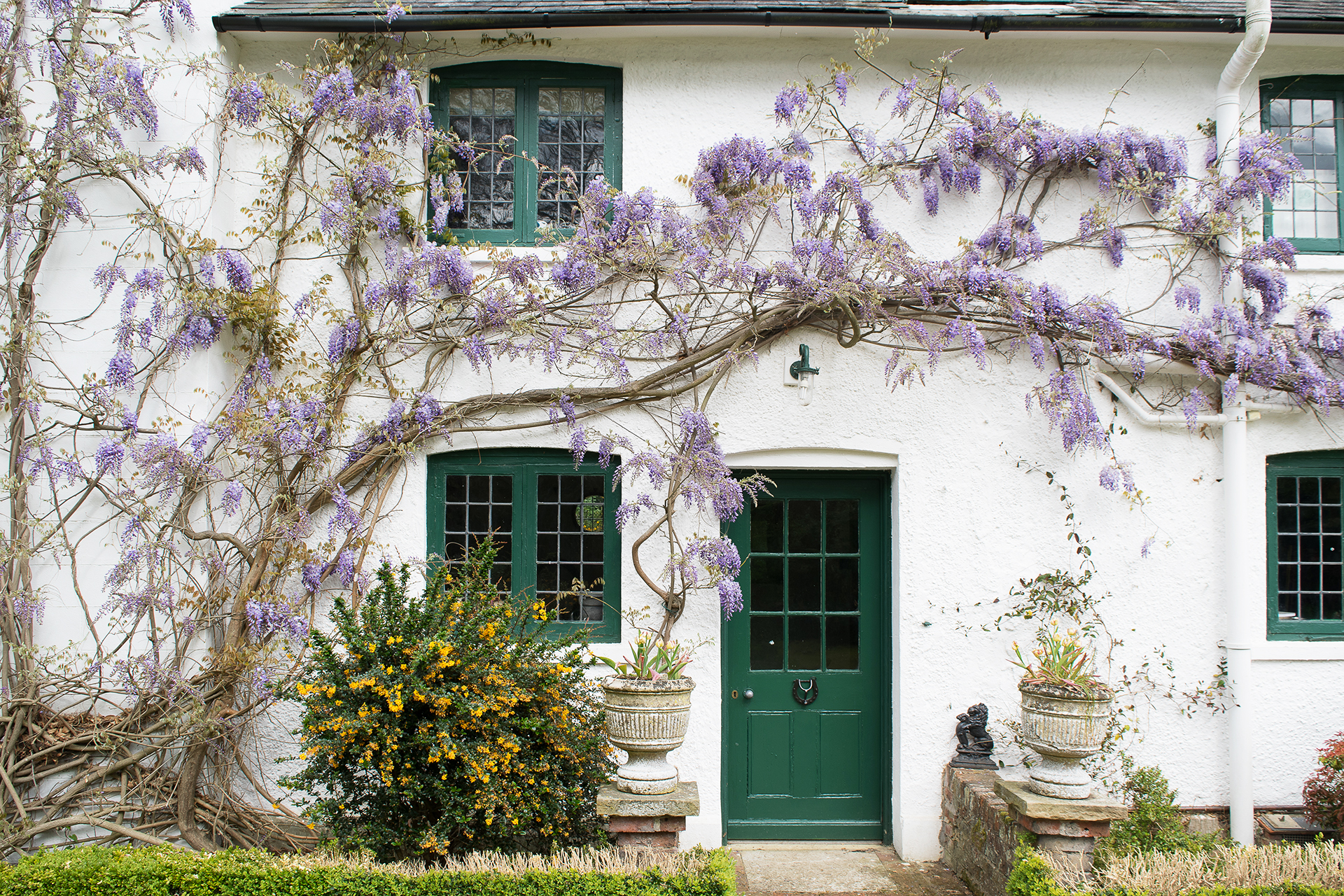

Interior design tips are (understandably) often focused on areas where you spend much of your time. And while you may read up on how to make a striking first impression through your living room or entryway – creating an impact actually begins beyond your four walls.
While front door ideas can sometimes feel limited (and often hard to change), this feature is the first thing family members, guests, and passers-by see when looking at your property. Therefore, it's important to give them as much attention as you would with any other space – and this includes knowing what to avoid.
Front door mistakes to avoid – to make the correct first impression
Knowing which front door colors to avoid is certainly an effective place to begin, but the process doesn't end with your palette. Here are five mistakes that architects and designers urge against when creating a front door.
1. Not experimenting with color
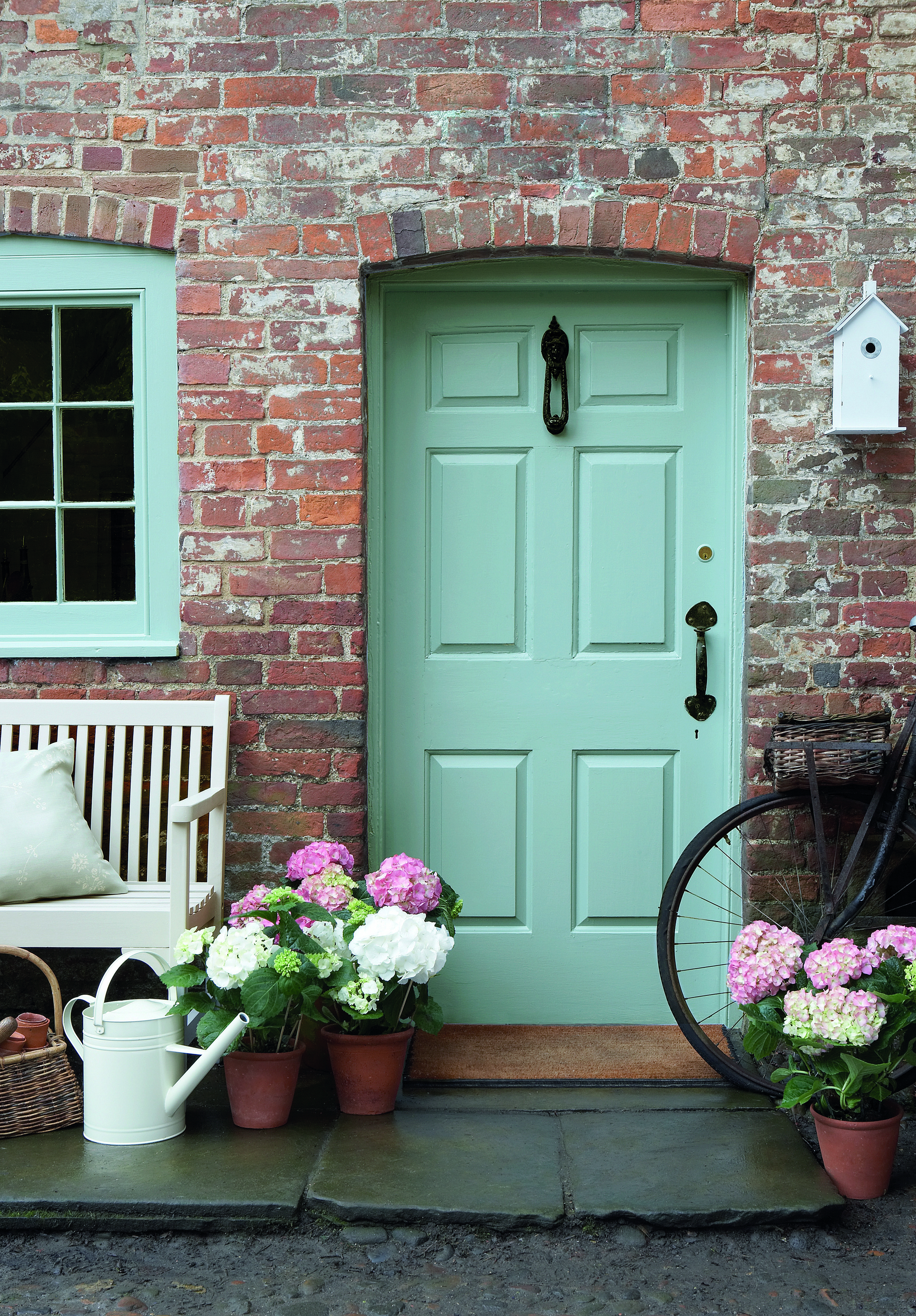
Your front door is unlikely to be at the peak of your color ideas, but your choice of hue undeniably impacts the overall look of your exterior. As Dominic Skinner, Architectural Designer at Spatial Future, suggests, it should be a tone that showcases your personality to all who pass by your home.
'It's all too often people play it safe and choose something that blends so easily into every other house around them,' he says. 'There are various colors, patterns, and material finishes to explore, and people will notice this when visiting your home.' That will also allow you to play with your creative side and allow your façade to stand out amongst your neighbors.
2. Buying handles straight from the shelf
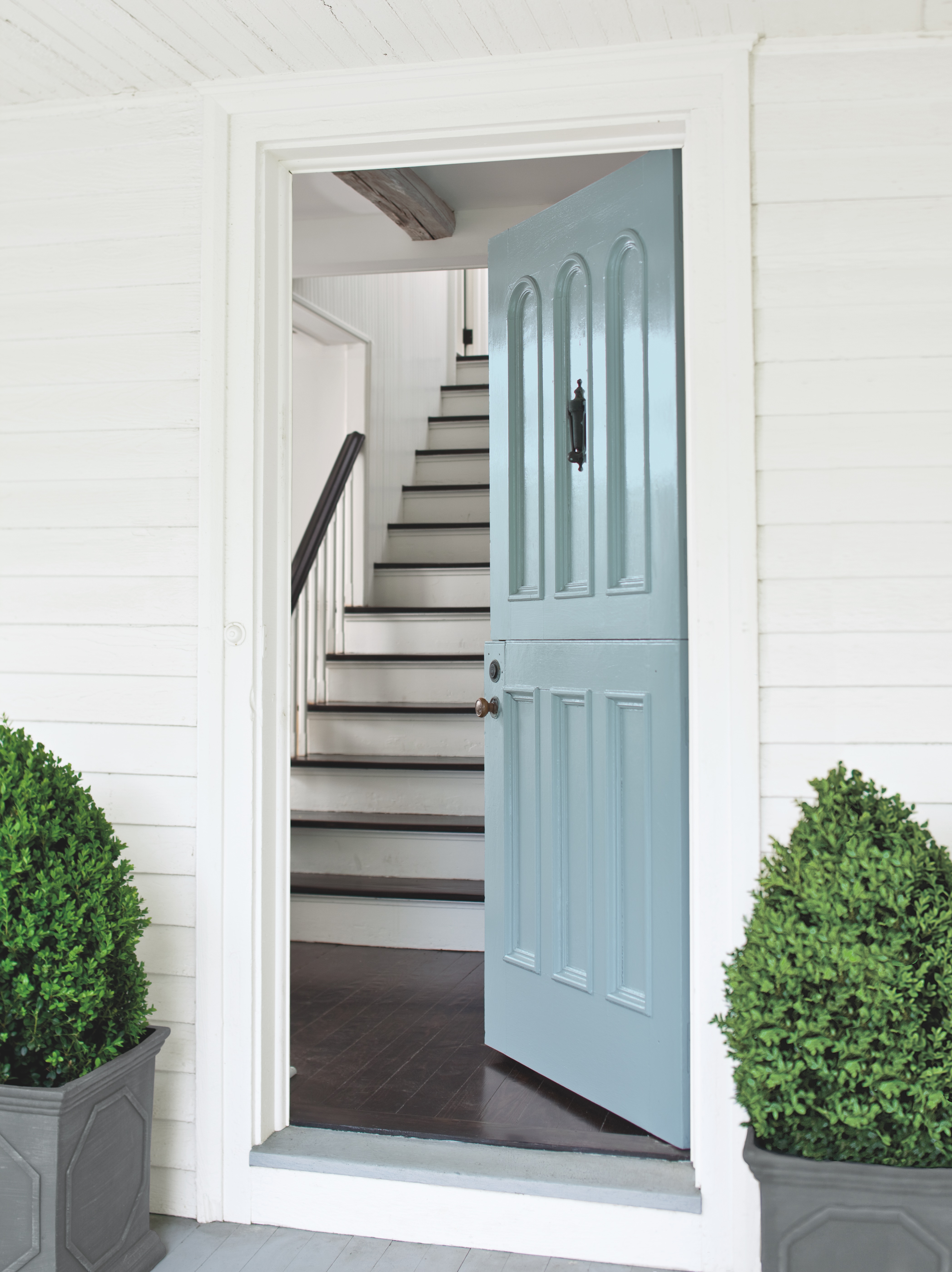
Handles may seem relative in the grand scheme of front door design, but as Dominic explains, they are surprisingly significant.
'Our senses should play a massive part in how our houses reflect us,' he says. 'We experience our environment through touch as much as with our eyes. So, the kind of material and design of any door handle is very important.'
The architect urges against accepting off-the-shelf handles that most door suppliers provide as they are likely to be cheaper alternatives to the handle you may want to use. Instead, you should browse manufacturers and speak to professionals who can offer you the best handle for your door.
'After all, you'll be locking and unlocking this door thousands of times over its lifetime, and we've all experienced that door which that is annoying to close.'
3. Shutting the light out
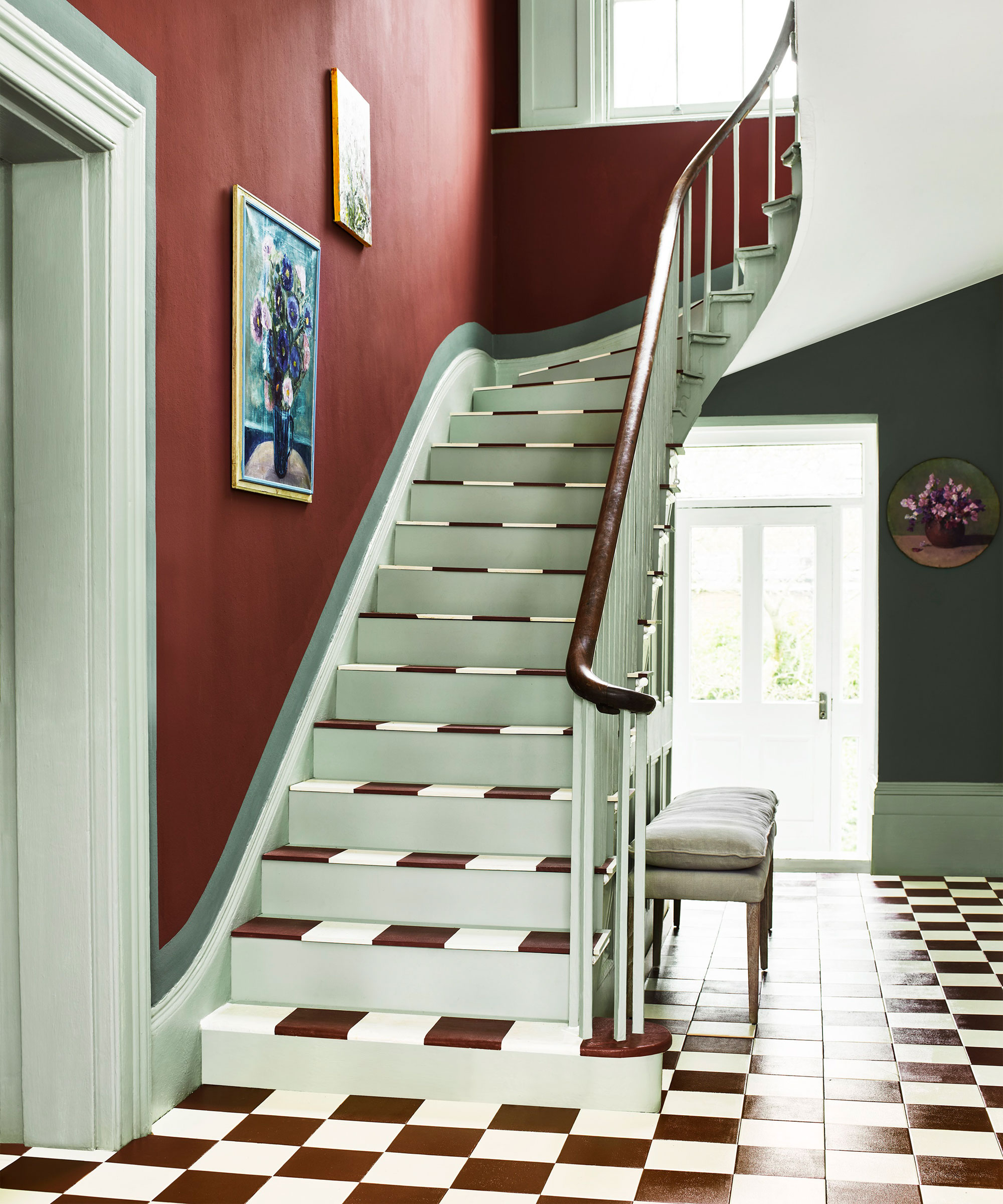
Security concerns may deter you from choosing glass-fronted doors, but with the right technology, you can fill your entryway ideas without worry.
'Utilising modern glazing technology, you can help flood your home with natural light without compromising your home's security,' Dominic says. 'People often fail to look beyond the existing door opening. In most cases, it can be easily widened with little building work [to] create a more dramatic opening– especially if you use full-height side windows or glazing at the top of the door.'
And Dominic isn't alone in his observations. Charlotte-based designer Lisa Sherry adds that you should avoid solid wooden doors that are 'great barriers to light and the outside world' and opt for a glass door that will fill your room with light.
4. Not considering the opening
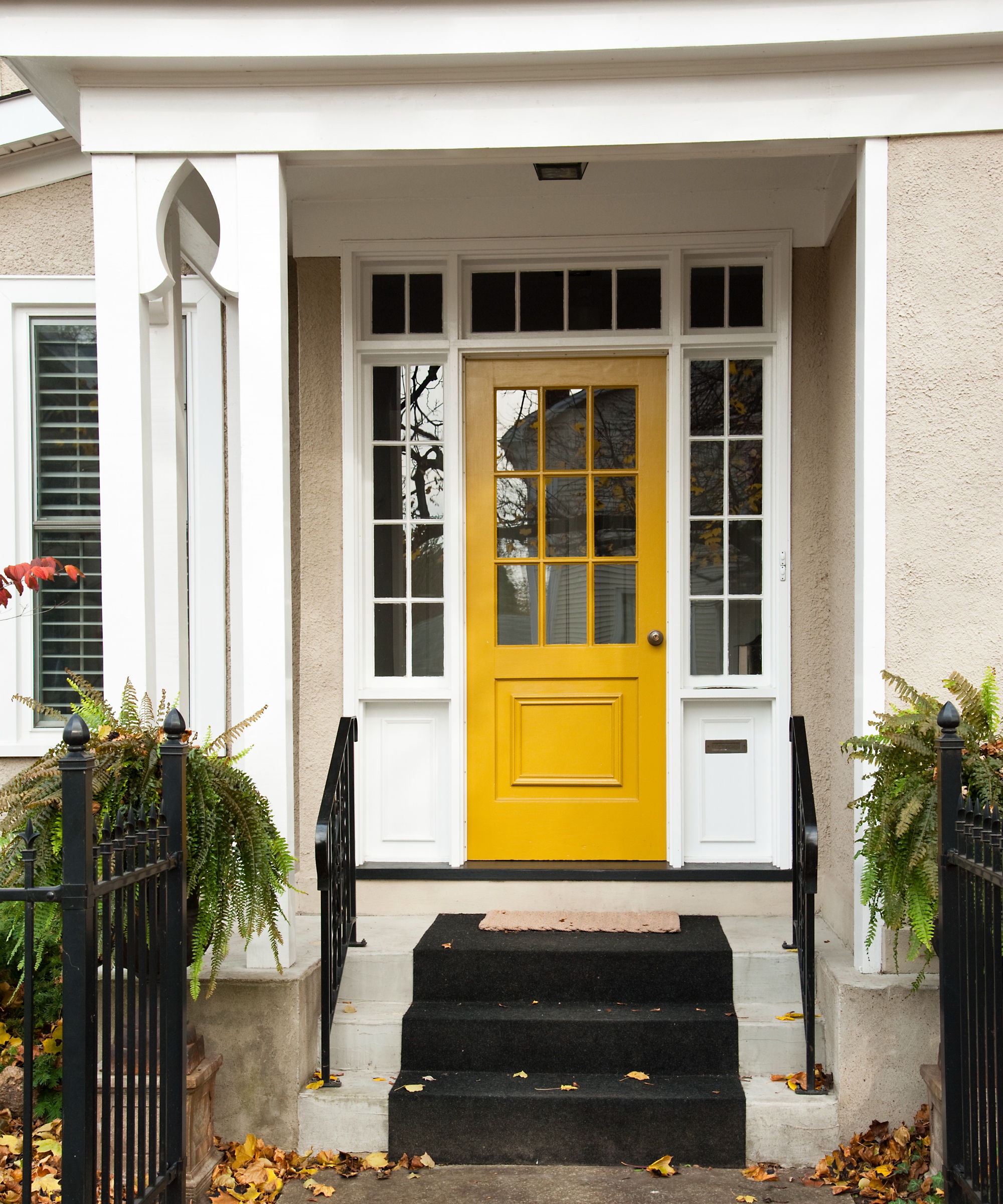
The way a door swings into your entryway can have a knock-on impact on how you use the entire area. Therefore, it's vital to take time to visualize the best way for your door to open. 'If the door opens one way, it might allow for space - perhaps for a console table, or it could close down the space between your door and stairs,' the expert says.
'Getting it wrong will make your entrance less functional. Getting it right can transform your entrance space.'
5. Deliver beyond the door
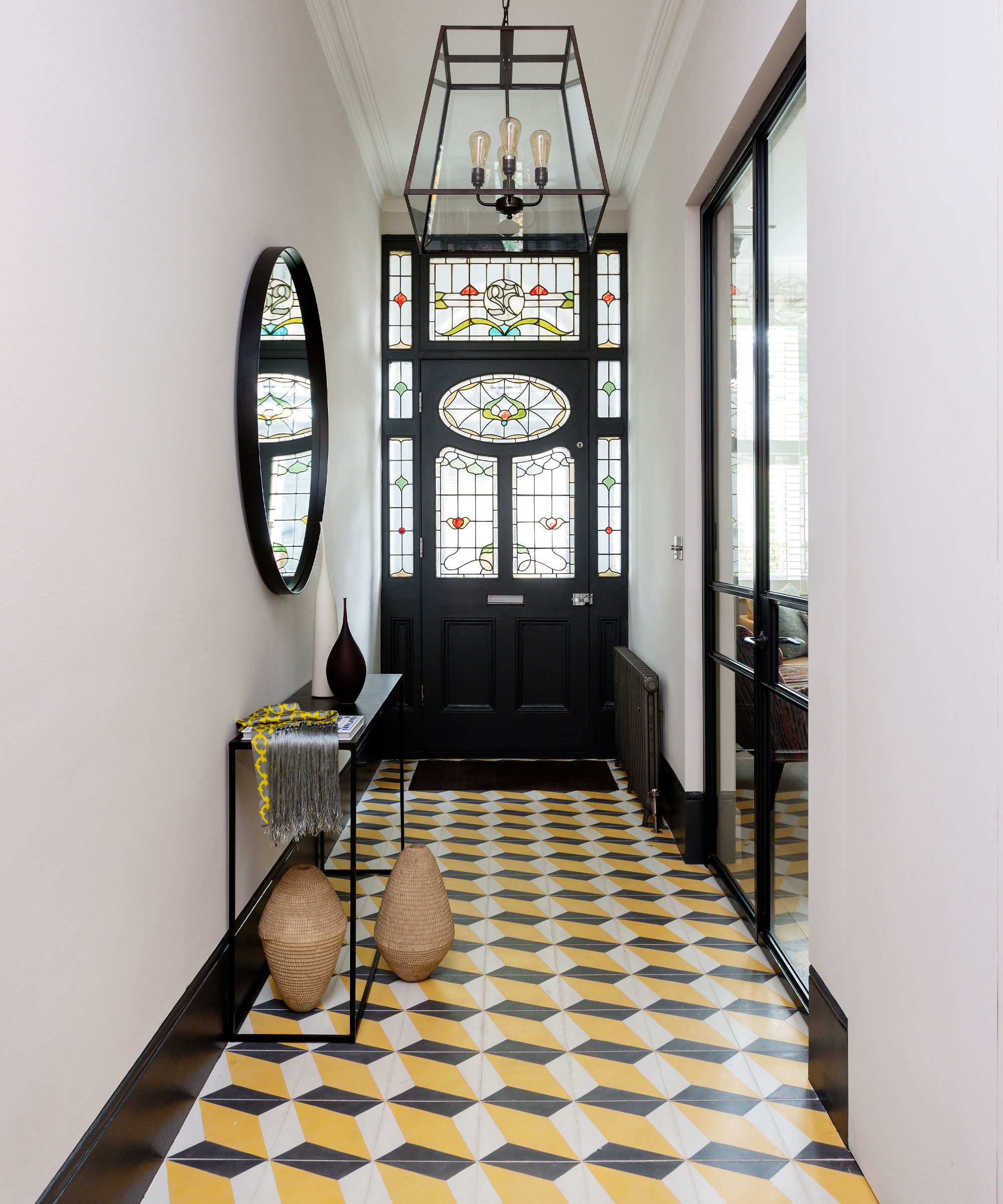
'A front door sets an expectation. Don't fail to deliver in the foyer,' Lisa says. 'Otherwise, emotionally, no one will get past the front door.'
While knowing how to make your front door more attractive is a priority, the designer explains your entryway is similarly important. 'The door and the foyer are both preludes to the experience of the home. Practically speaking, a drop zone should be nearby, and if space allows, an intimate seating area.'
And this includes your exteriors too, because, after all, front doors work both ways. In the design process, be mindful of exit strategies. The front door should be like a bow on a great experience.'
Sign up to the Homes & Gardens newsletter
Design expertise in your inbox – from inspiring decorating ideas and beautiful celebrity homes to practical gardening advice and shopping round-ups.

Megan is the Head of Celebrity Style News at Homes & Gardens, where she leads the celebrity/ news team. She has a history in interior design, travel, and news journalism, having lived and worked in New York, Paris, and, currently, London. Megan has bylines in Livingetc, The Telegraph, and IRK Magazine, and has interviewed the likes of Drew Barrymore, Ayesha Curry, Michelle Keegan, and Tan France, among others. She lives in a London apartment with her antique typewriter and an eclectic espresso cup collection, and dreams of a Kelly Wearstler-designed home.
-
 How to grow sassafras – for a low-maintenance native tree that can even be planted in shady yards
How to grow sassafras – for a low-maintenance native tree that can even be planted in shady yardsFor an easy-to-grow North American tree, you will not find much better than sassafras
By Thomas Rutter
-
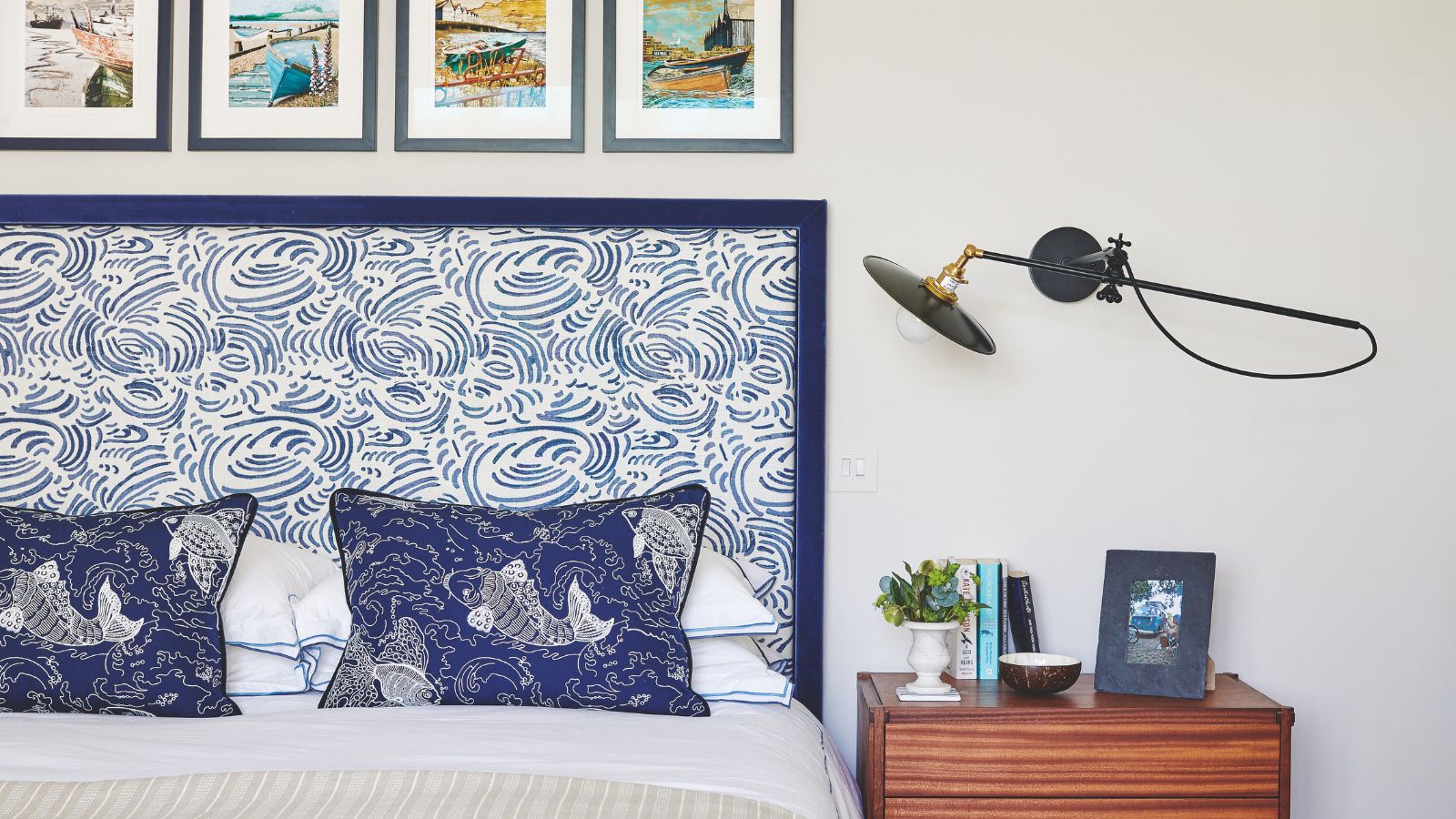 'Big results before you know it' – Experts urge you to use the ‘Take Away 10’ method for simple decluttering with zero decision fatigue
'Big results before you know it' – Experts urge you to use the ‘Take Away 10’ method for simple decluttering with zero decision fatigueIt can cut hundreds of items from your home in just a few weeks
By Ottilie Blackhall